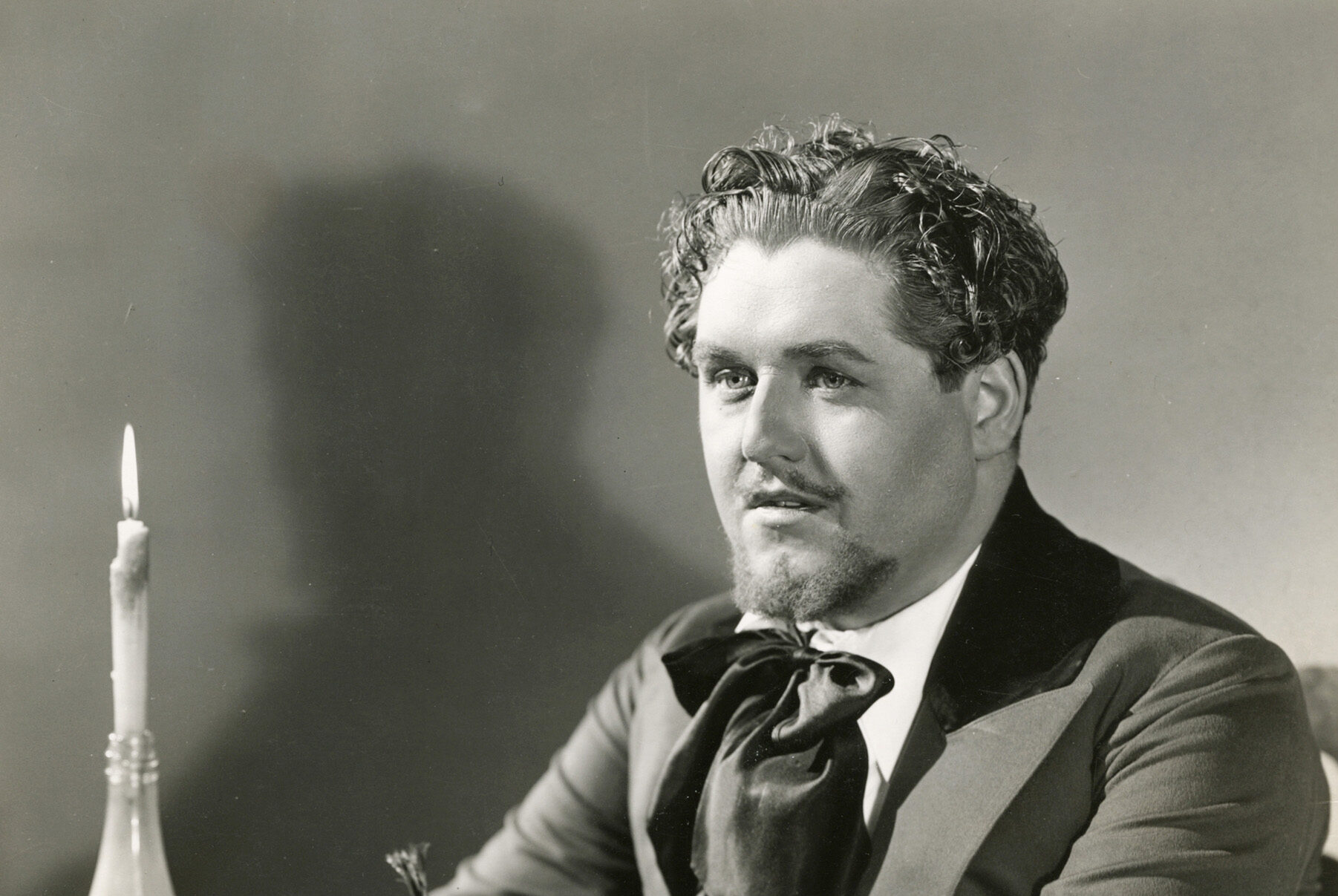
W. J. Henderson in The New York Sun:
French opera does not occupy a conspicuous place in the repertory of the Metropolitan Opera House at the present, even though ‘Carmen” and “Faust” are persistent, and the music of Jules Massenet, except “Manon,” has rarely been heard at any time. The restoration to the active list Saturday afternoon of the work just named would have been a welcome incident in itself. Added interest was lent to it by the first appearance in the Metropolitan of Bidu Sayao, a soprano from Brazil. It was not Miss Sayao’s debut; she sang in Debussy’s “Blessed Damosel” with the Philharmonic under Toscanini last April without noteworthy result.
Her operatic debut was more to her credit. She has a light voice of sufficient power and range for the music of “Manon,” though in moments of stress her tones sometimes develop a shrillness which could be spared. But her singing in general showed musical quality and a knowledge of the style of the opera. Her impersonation of the unstable young woman, who came from the country to cut such a figure in the demimondaine circles of Paris, had a delicate, but defined charm, and a well planned delineation of the character. Nothing Miss Sayao did or sang was of impressive magnitude, but while drawn for small frame, her pretty picture immediately engaged the attention of the audience and held its interest till the fall of the final curtain. Accepting the standards now prevailing at the Metropolitan, this was a pleasing debut.
Rene Maison was to have sung the Chevalier des Grieux, but he was indisposed and his place was taken by Sydney Raynor, whose high tones were his principal gifts to the opera. Owing to his ability to deliver such tones with a certain hard brilliancy, he accomplished something toward an incisive projection of “Ah, fuyez, douce image.” Mr. Bonelli’s Lescaut was well intentioned and had some of the swagger, traditionally associated with the part, but he did not create a very striking figure. Chase Baromeo accredited himself with a correct and dignified portrait of the elder des Grieux and a respectably sung solo in the St. Sulpice scene.
The minor roles were in charge of singers acquainted with their routine. The one which gained prominence before the rest was Mr. Bada’s neatly drawn sketch of the ridiculous Guillot de Montfortaine, minister of finance. Possibly some day the opera may be mounted with new clothes and scenery, but for the present, perhaps by not being on exhibition too often, the trappings of an earlier day will suffice. Mr. de Abravenel’s conducting was secure, but not an element of distinction in the revival.
Finally it may be confessed that a rehearing of Massenet’s “Manon” was a pleasant experience for there is something charming in the urban polish of the melodious score and even in the rather naïve use of leading motifs. Those ever witty French! They called him “Mlle Wagner” for using them. But are they not pretty? One wonders, too, whether Massenet ever heard Mozart’s C major Symphony (No 338 in the Koechel catalogue). His Lescaut seems to have been affected by it.
Happy 54th birthday mezzo-soprano Joyce DiDonato.
Born on this day in 1920 soprano Eileen Farrell.
Birthday anniversaries of composers Fernando Sor (1778) and Tomás Barrera (1870), bass Feodor Chaliapin (1873), baritone Otto Wiener (1913).
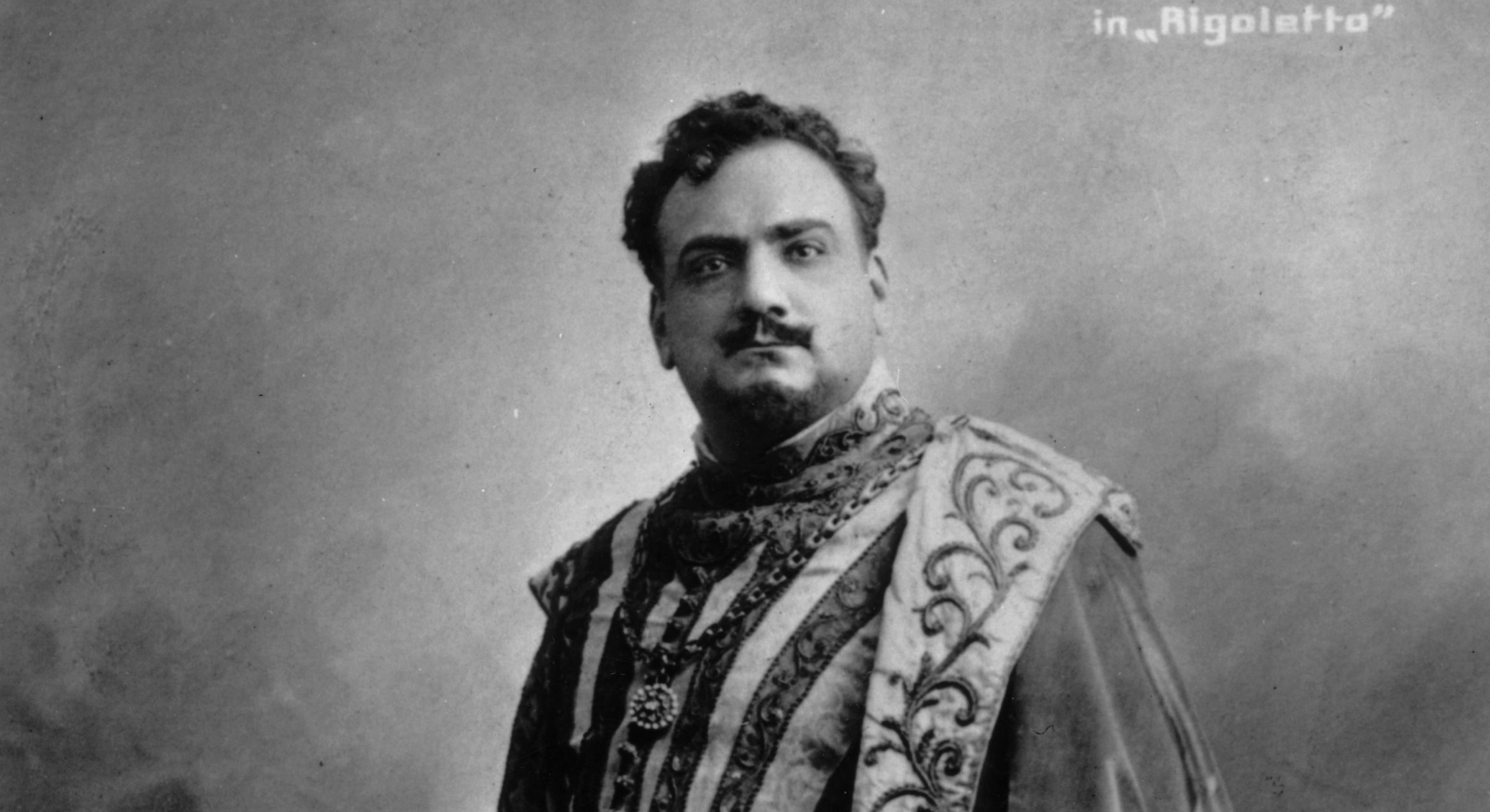
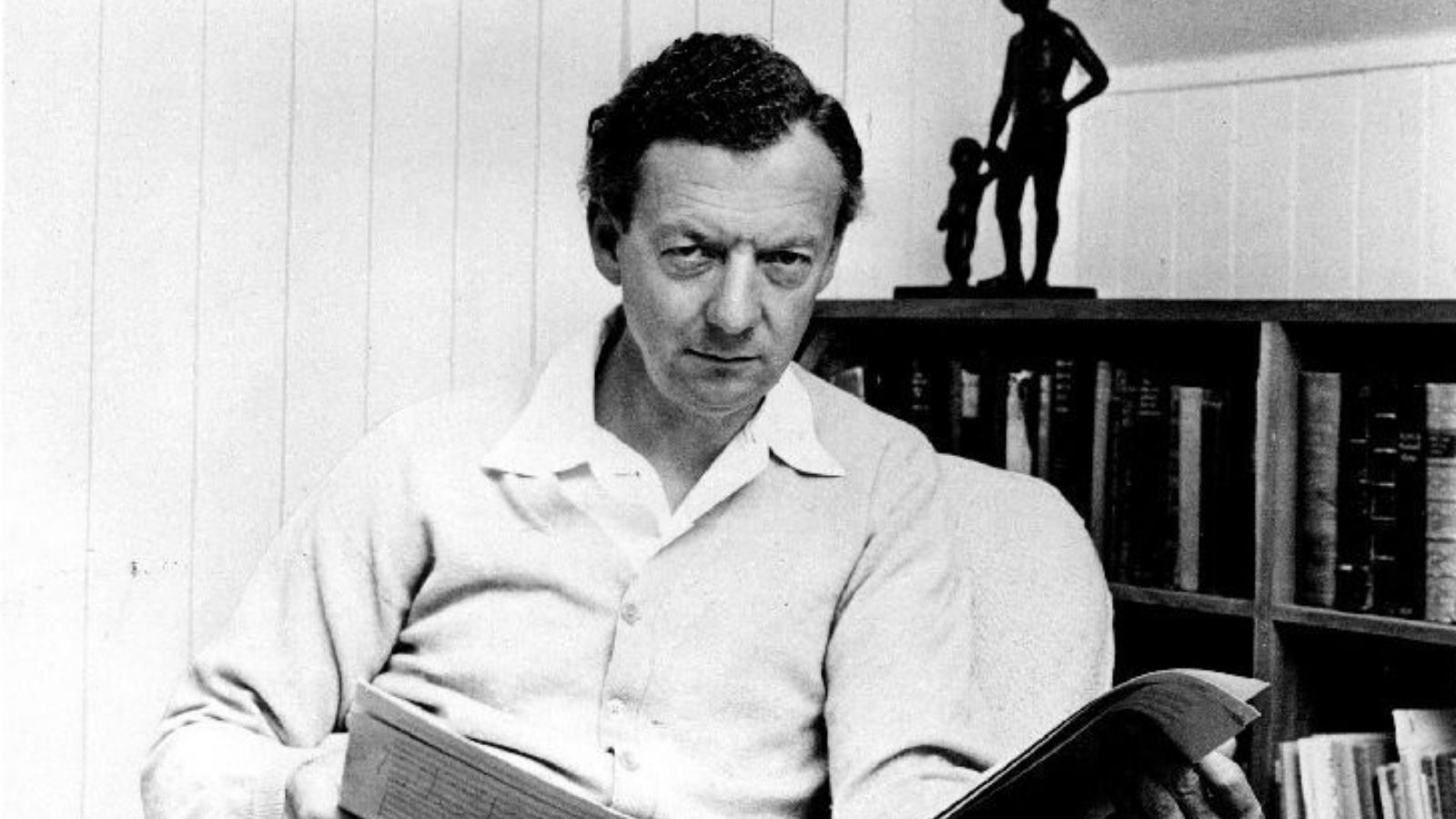

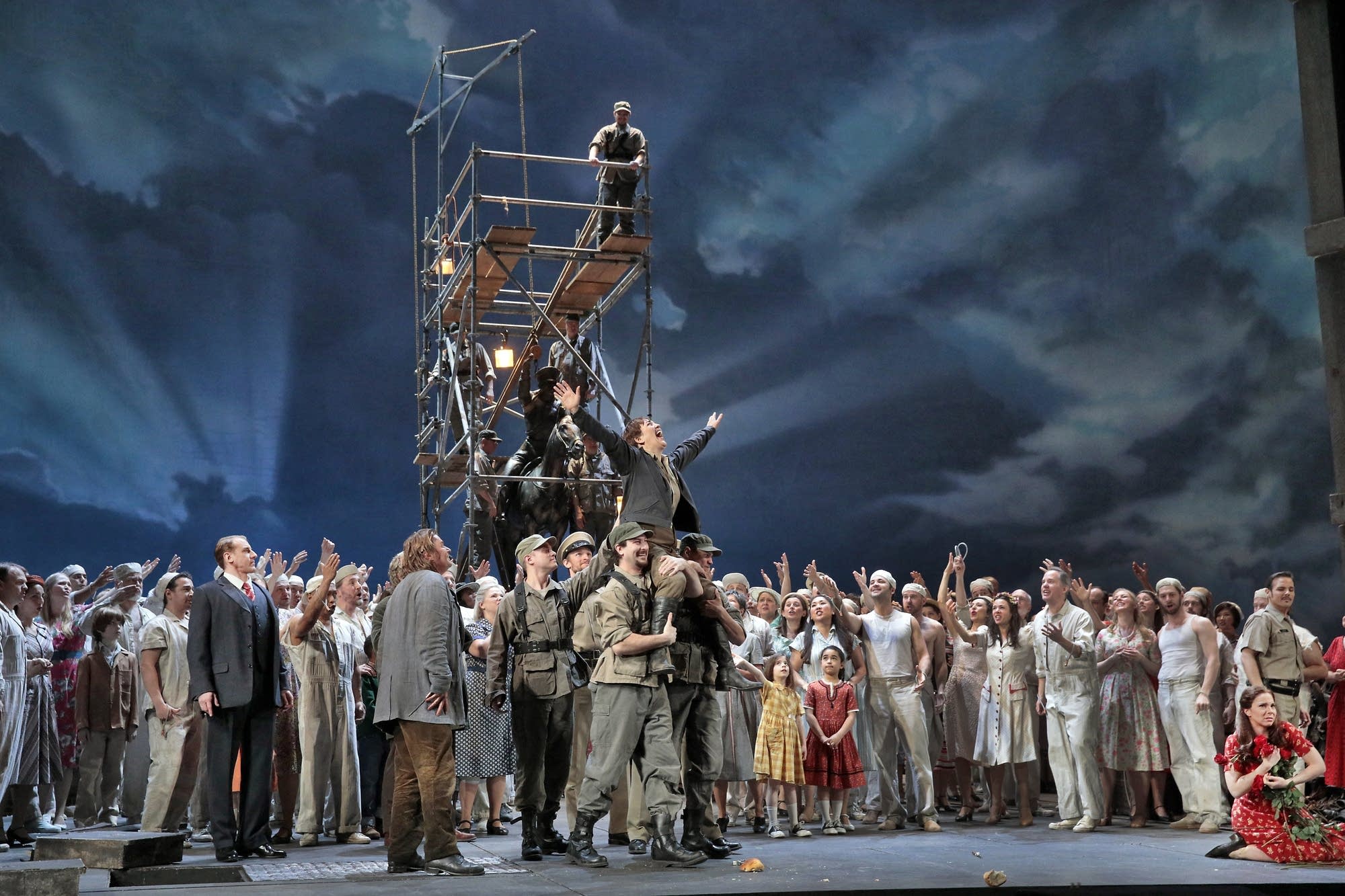
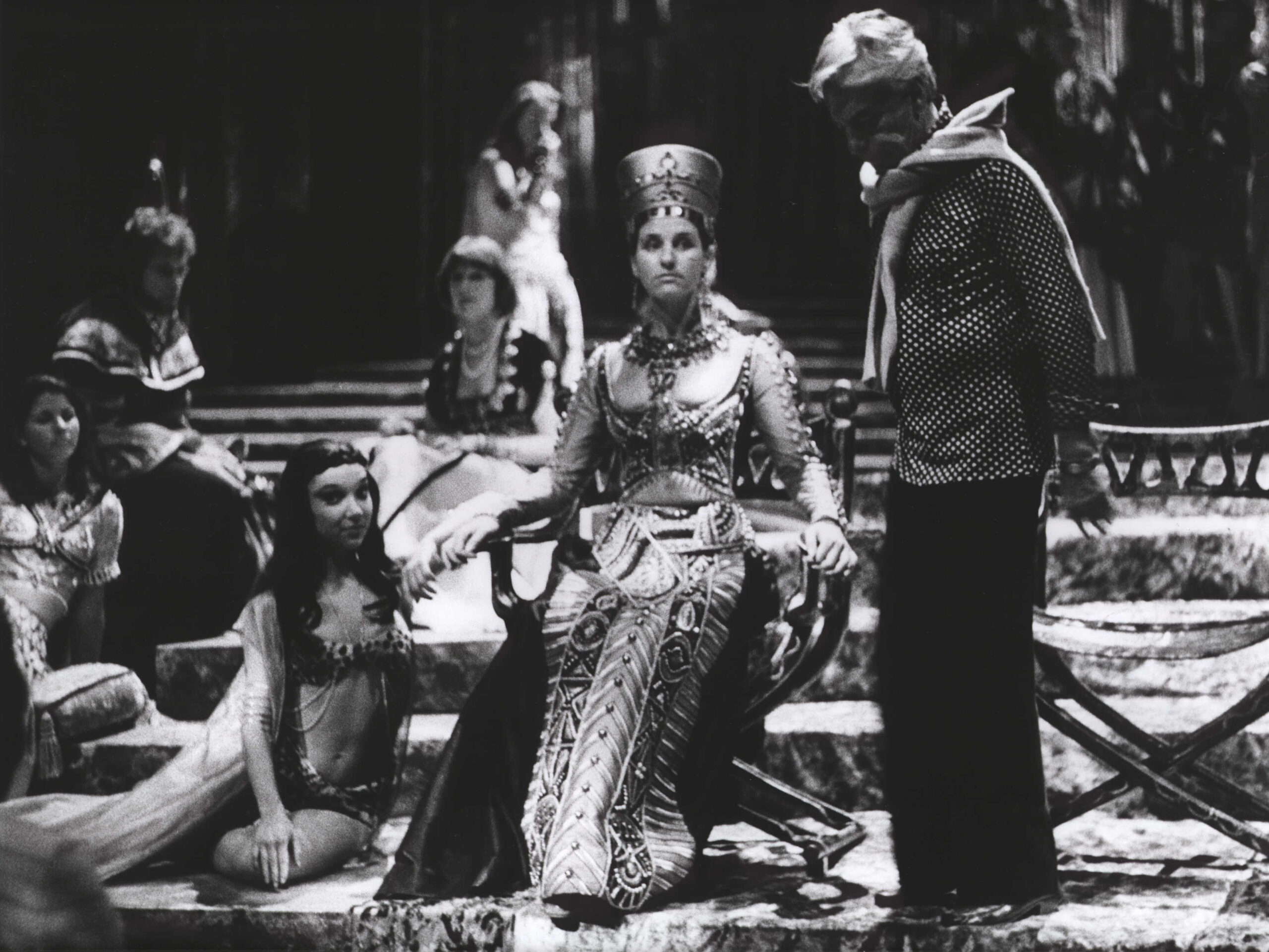
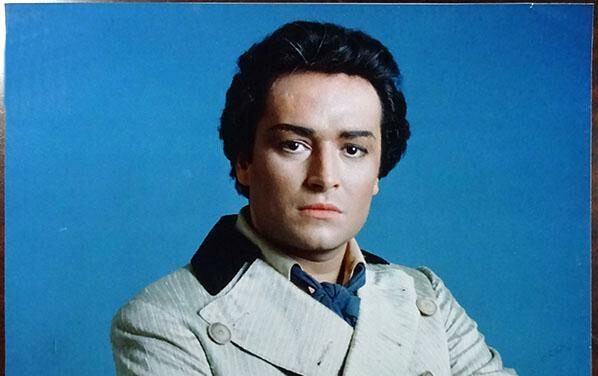
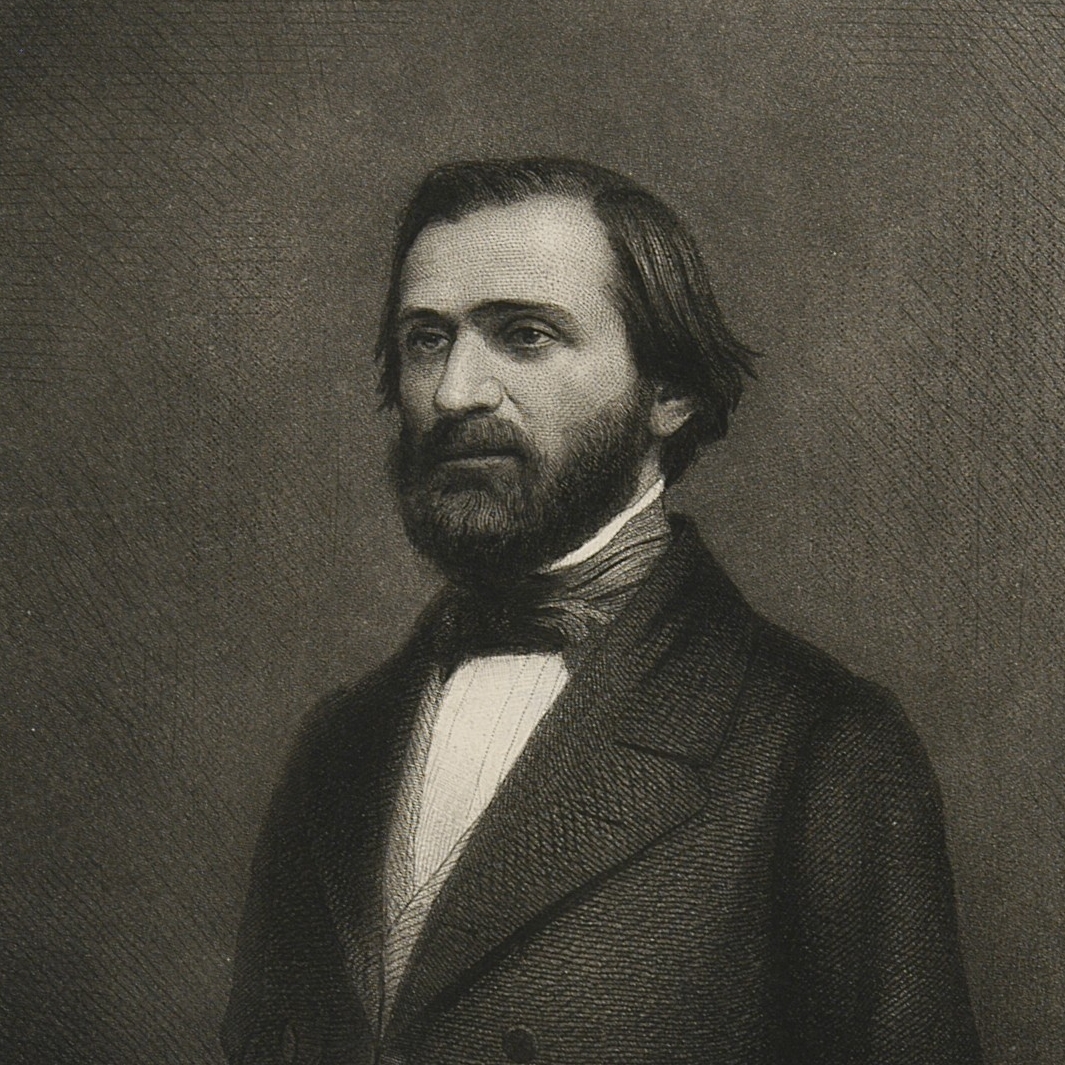
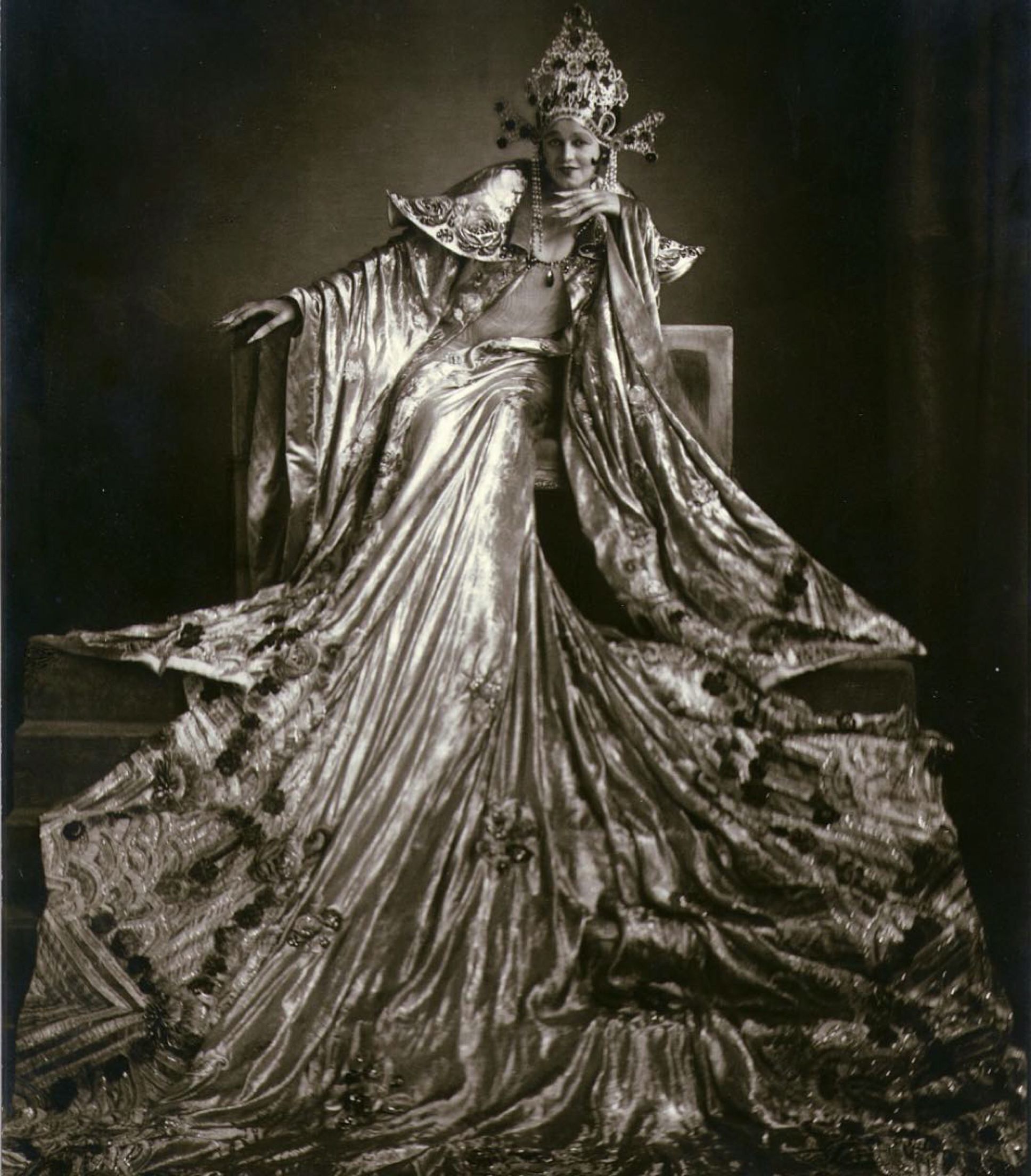
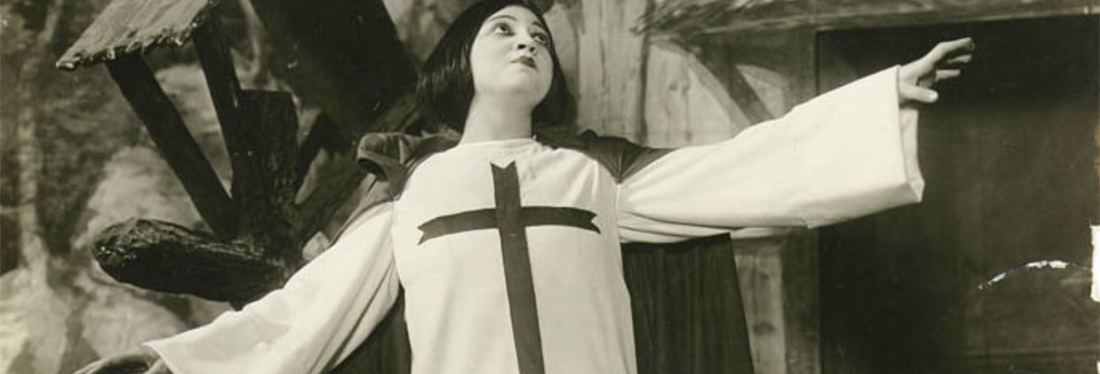
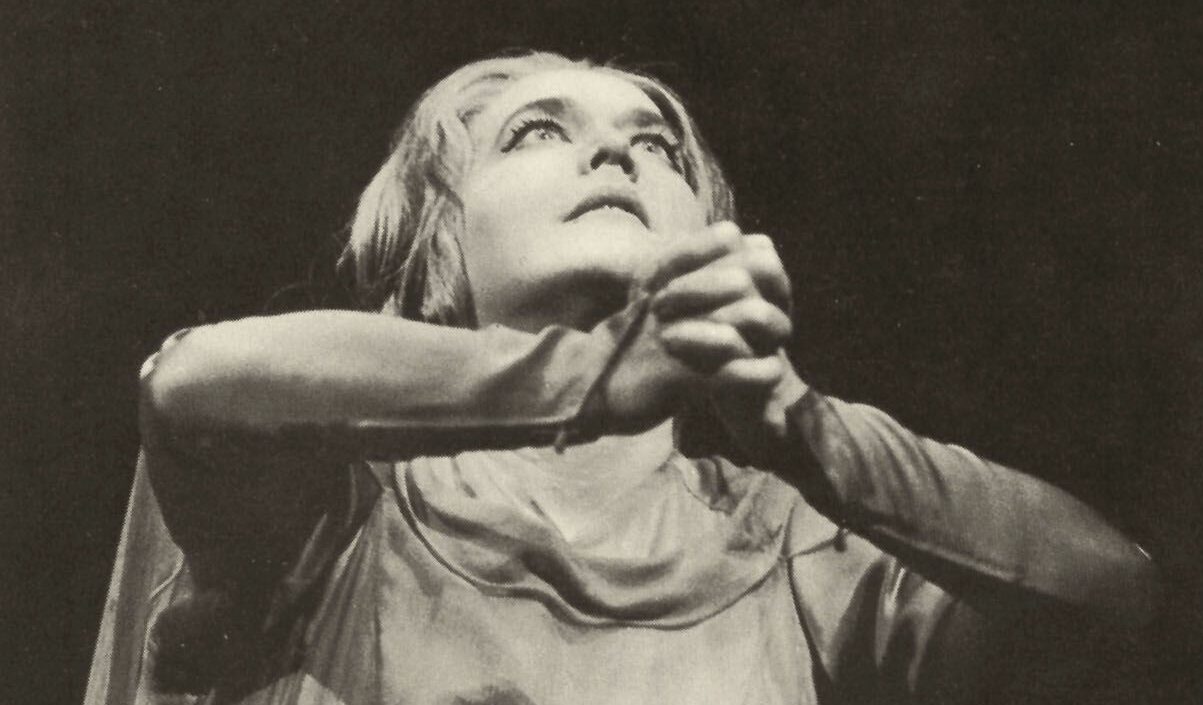
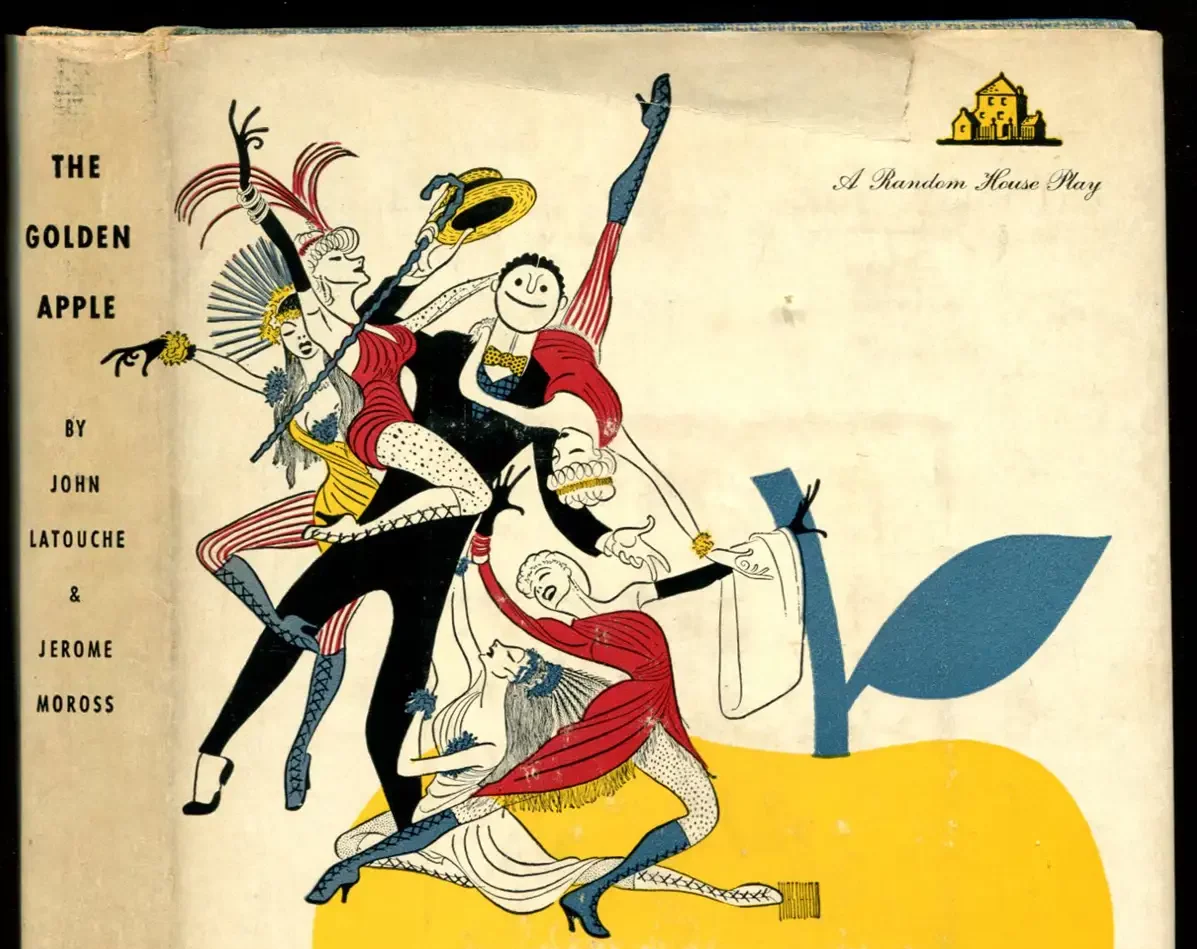
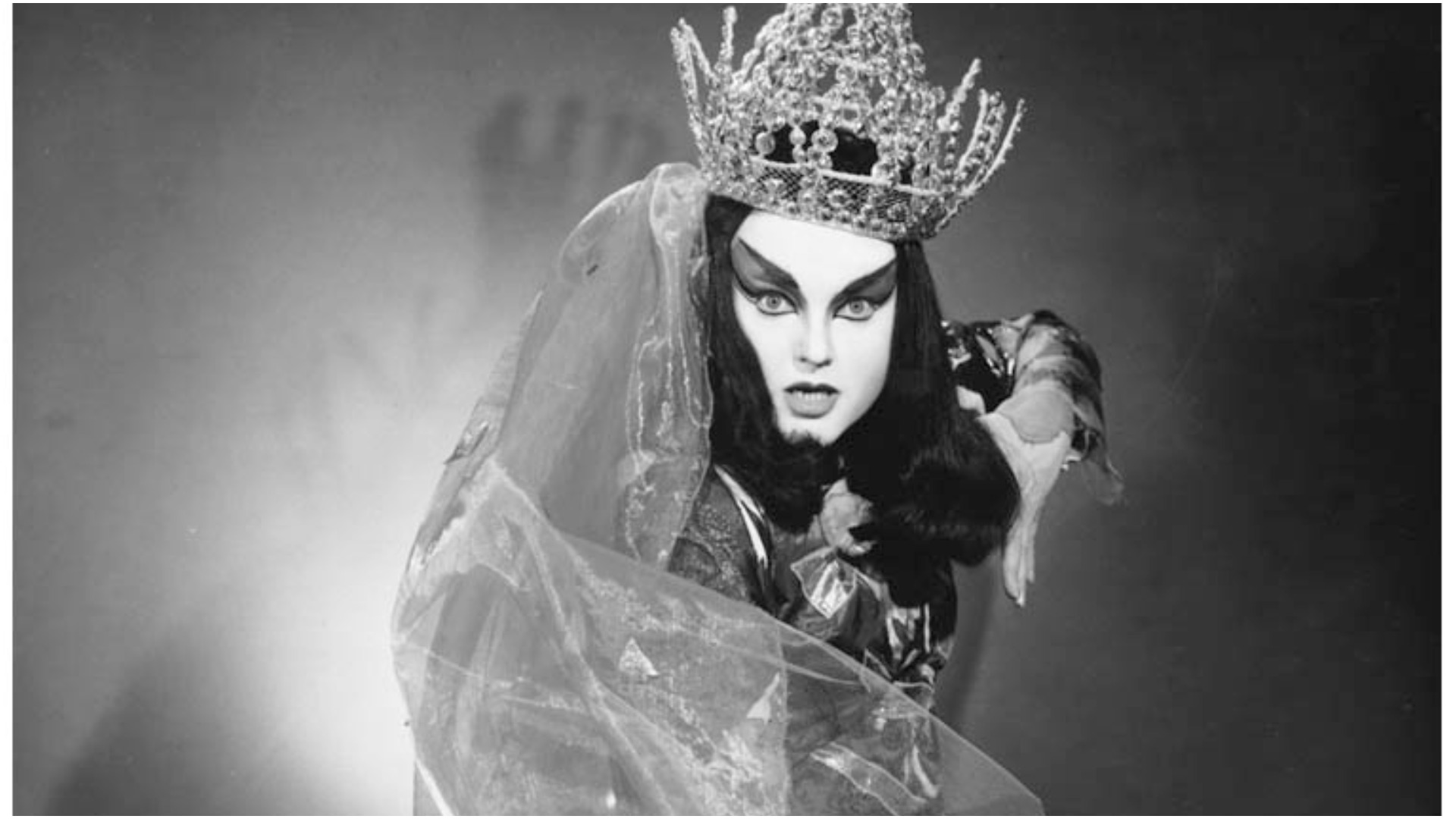
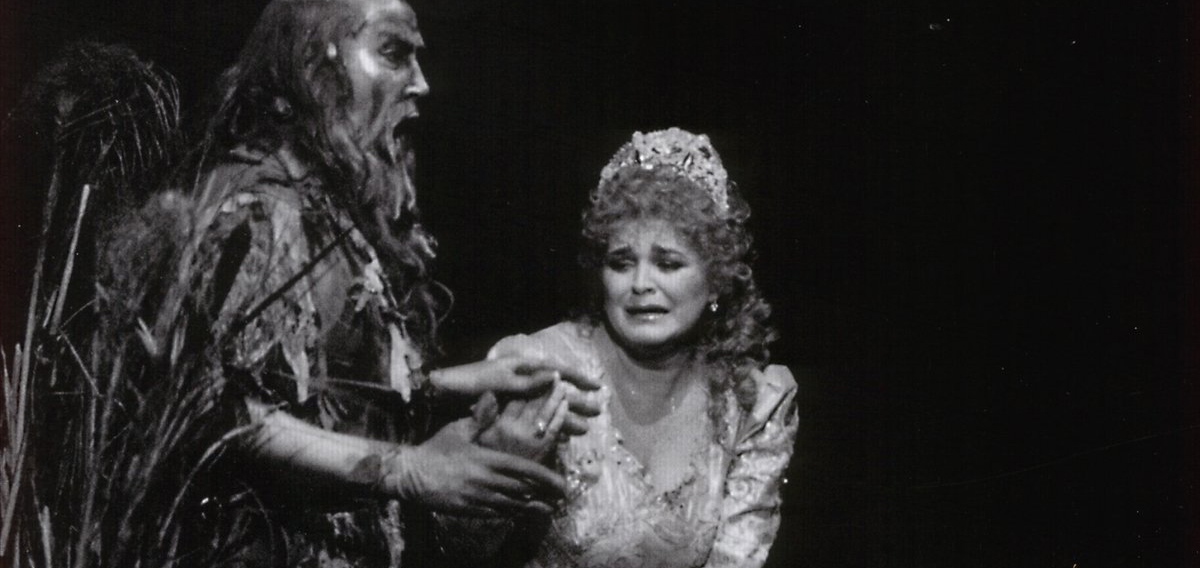
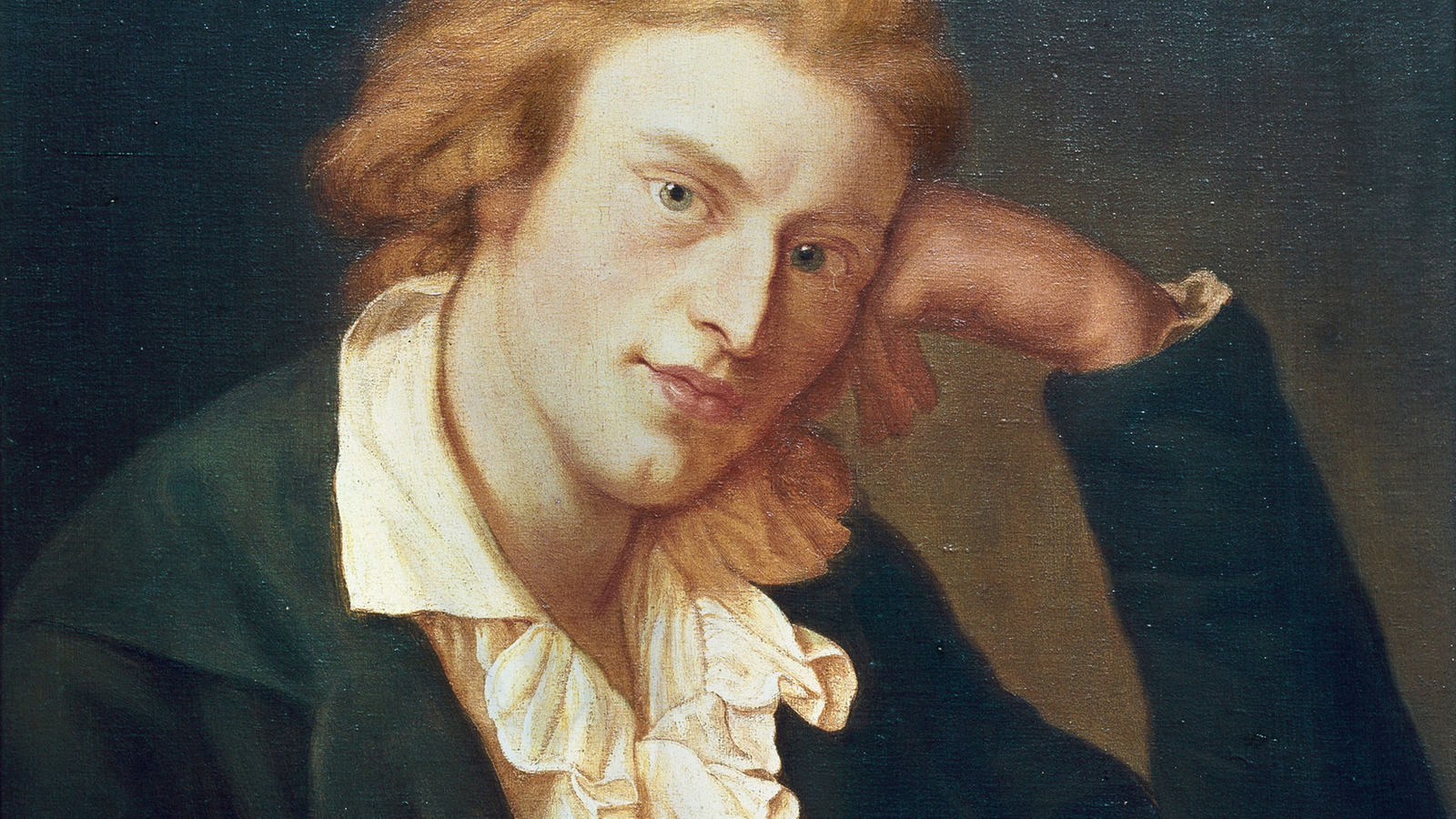

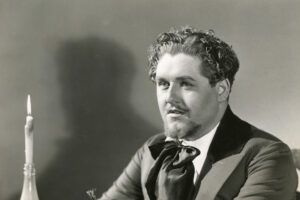




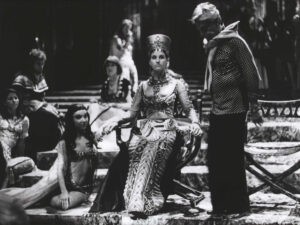
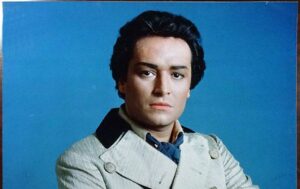




Comments